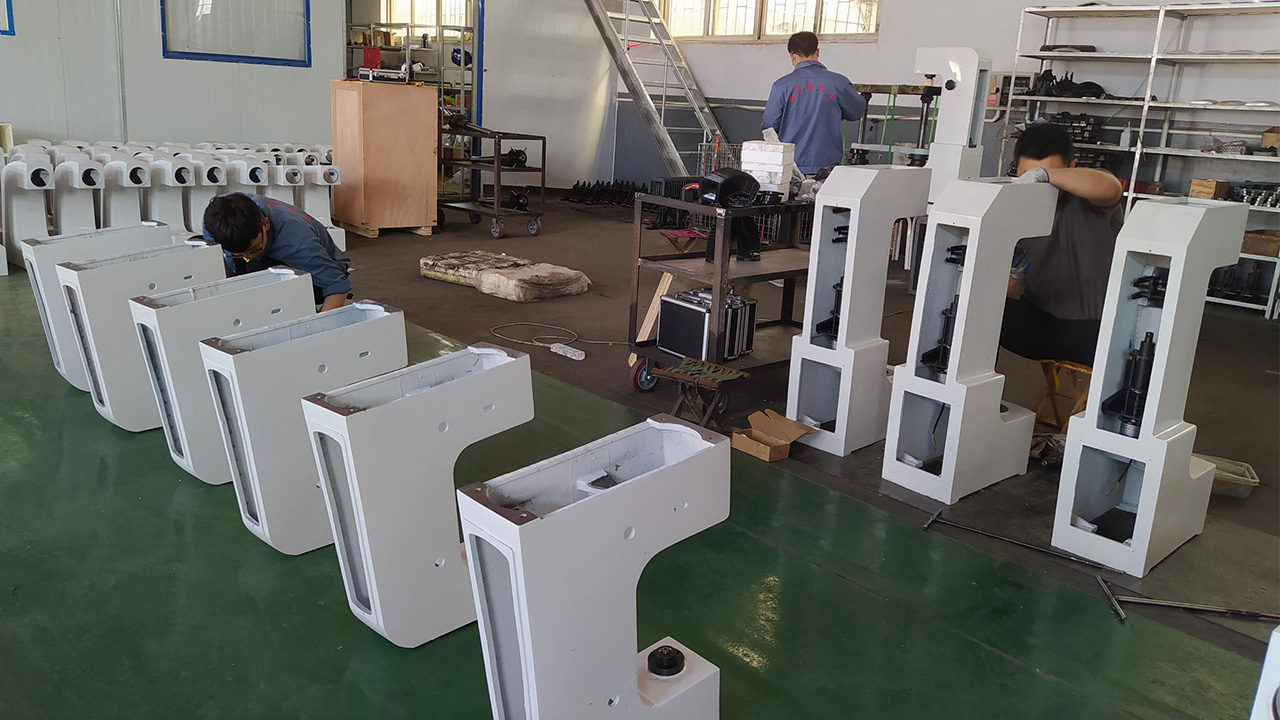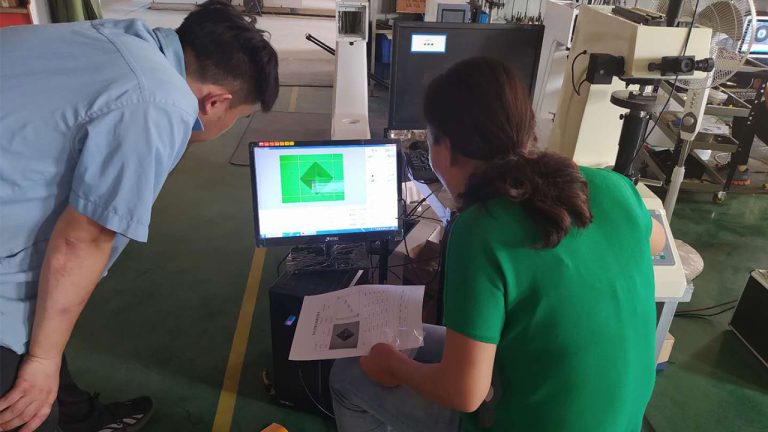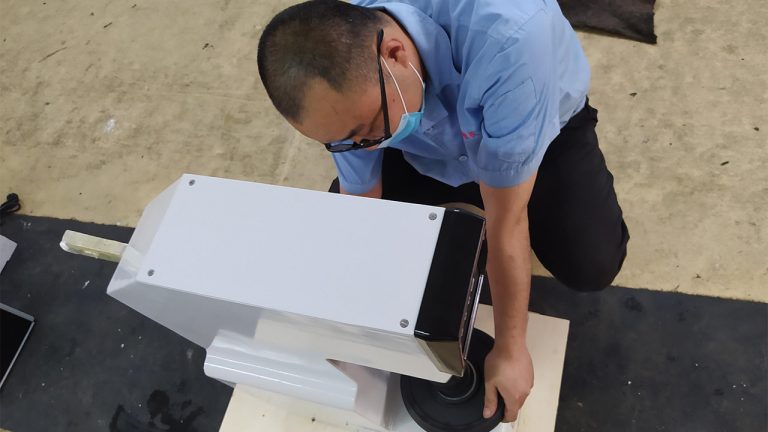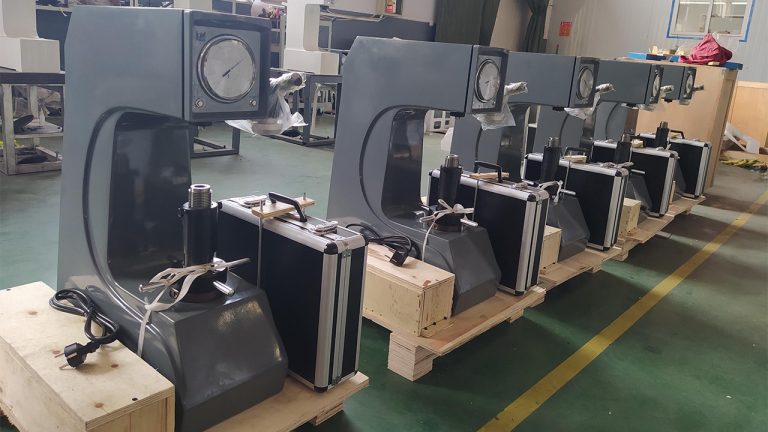Importance of hardness testing in Quality Control
Hardness testing is a critical component of quality control in various industries, including manufacturing, construction, and engineering. It is a method used to determine the resistance of a material to deformation, typically through indentation or scratching. The results of hardness tests provide valuable information about the material’s strength, durability, and overall quality.
One of the most common methods of hardness testing is the rockwell hardness test, which involves applying a specific load to a material and measuring the depth of the indentation left by a penetrator. The Rockwell scale is widely used because of its simplicity and accuracy, making it a popular choice for quality control purposes.
Another popular method of hardness testing is the brinell hardness test, which involves applying a known load to a material using a spherical indenter and measuring the diameter of the resulting impression. The Brinell scale is often used for softer materials or materials with coarse grain structures.

Hardness testing is essential in quality control because it helps ensure that materials meet the required specifications and standards. By testing the hardness of a material, manufacturers can identify any defects or inconsistencies that may affect the material’s performance or durability. This information is crucial for maintaining product quality and preventing costly failures or recalls.
In addition to ensuring product quality, hardness testing can also help manufacturers optimize their production processes. By monitoring the hardness of materials at various stages of production, manufacturers can identify any issues early on and make necessary adjustments to improve the overall quality of the final product. This proactive approach can help reduce waste, improve efficiency, and ultimately save time and money.
Furthermore, hardness testing can also be used to compare different materials or treatments to determine which is best suited for a specific application. By testing the hardness of various materials under the same conditions, manufacturers can make informed decisions about which material will perform best in a given situation. This information is invaluable for selecting the right materials for a particular project and ensuring its success.
In conclusion, hardness testing plays a crucial role in quality control in various industries. By providing valuable information about a material’s strength, durability, and overall quality, hardness testing helps manufacturers ensure that their products meet the required specifications and standards. It also helps optimize production processes, compare different materials, and make informed decisions about material selection. Ultimately, hardness testing is an essential tool for maintaining product quality, improving efficiency, and ensuring the success of a project.







